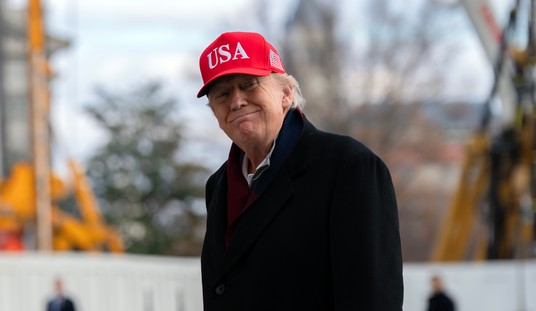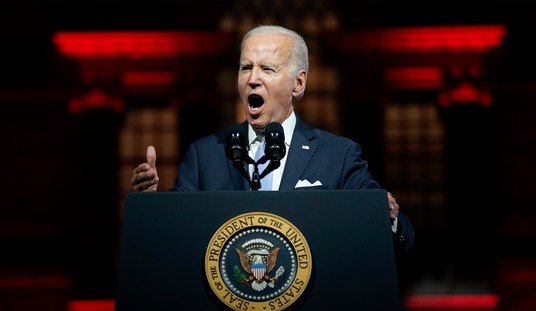Another state is poised to join the 23 already known as “Right to Work” states – and of all places, it’s Michigan. Right now, the state legislature is debating a bill freeing employees from mandatory, automatic union dues payment – and the capitol building has been closed to union leaders, owing to concerns about capacity and pedestrian safety. The announcement came this morning from Lansing:
"I think this is what's best for Michigan," the GOP governor said while flanked by House Speaker Jase Bolger, Senate Majority Leader Randy Richardville, Lt. Brian Calley and three union members who support the law.
"I do not view this as something against the unions," Snyder said, saying it's about making sure "workers have the right to [choose] who they associate with."
Unions worry the law could hurt their clout and finances as people choose to stop paying dues. But supporters say workers ought to have more control or freedom over whether they are forced to pay union dues.
Currently workers don't have to join a union. But if they don't, they still have to pay fees anyway. The legislation would no longer require employees to pay union dues or fees as a condition of employment.
Supporters of right-to-work say states with such laws have an advantage recruiting some types of employers. They say adopting a right-to-work law would help bring more jobs to the state.
The fact that this policy is even under consideration right now represents a big shift in Governor Rick Snyder’s position on the issue. Previously, he’d been ambivalent toward a Right to Work law, viewing it not worth the political firefight that would likely ensue. Currently, only 18% of the state’s workforce is unionized, and the groups still have some serious political clout at their disposal.
Recommended
However, Snyder cites the success Indiana’s economy has had since passing a similar law as the impetus for his change of mind on the issue, and refers to it as “workplace fairness and equity” instead, emphasizing the way it empowers employees. What’s more – perhaps most significantly – the proposal will have no effect on collective bargaining. From the governor’s explanatory blog post today:
Under freedom to work, Michiganders will have the freedom to choose whether or not to join a union. They won't be forced to pay union dues if they don't want to, and they won't lose their jobs because of it. And if they want to pay dues voluntarily, they have the freedom to do that, too.
There's one thing this proposal for workplace fairness and equality does not do, though. It does not end collective bargaining in Michigan. That bears repeating. Under freedom to work, Michiganders still have a guaranteed right to collective bargaining, as protected in federal law. What's more, this proposal has no impact on police or fire unions.
So, not exactly the epic crusade that occurred in Wisconsin last year, but certainly a big step for a state that’s long been beholden to the UAW et al. Should be interesting to see how the measure fares – and if it inspires any action elsewhere.
























Join the conversation as a VIP Member